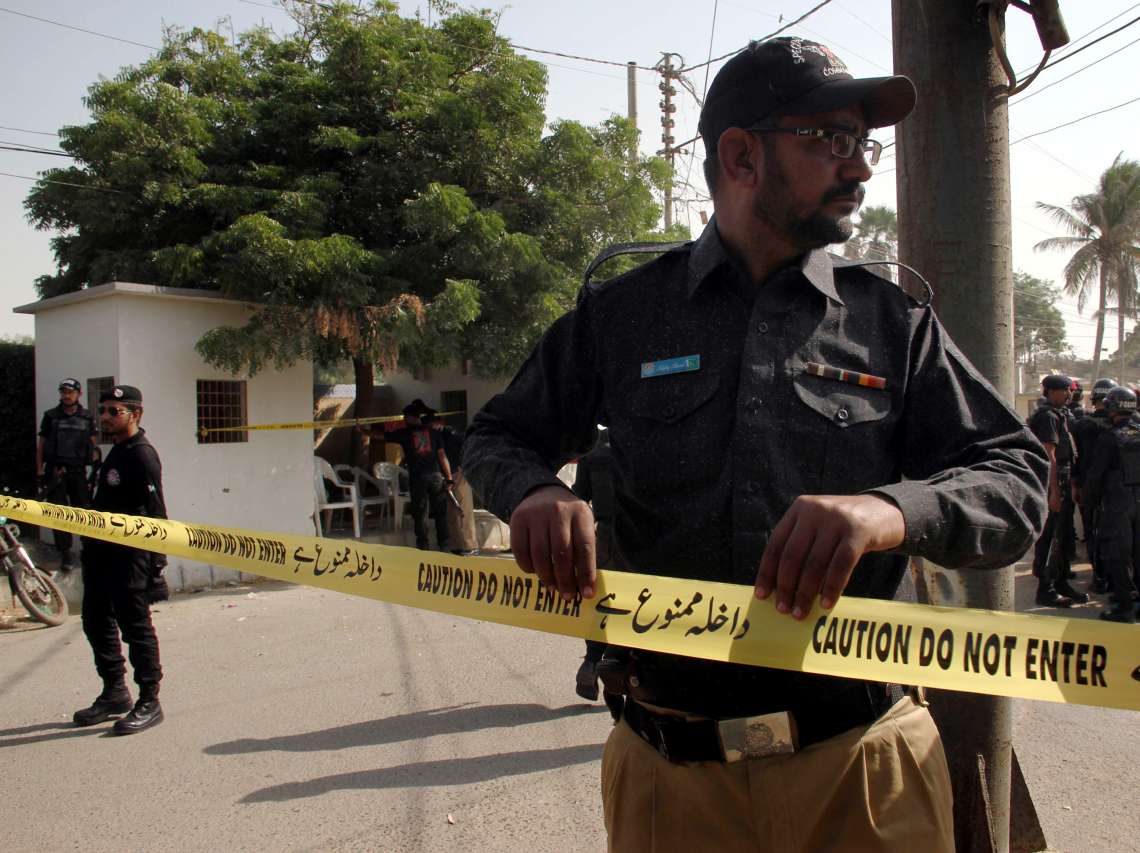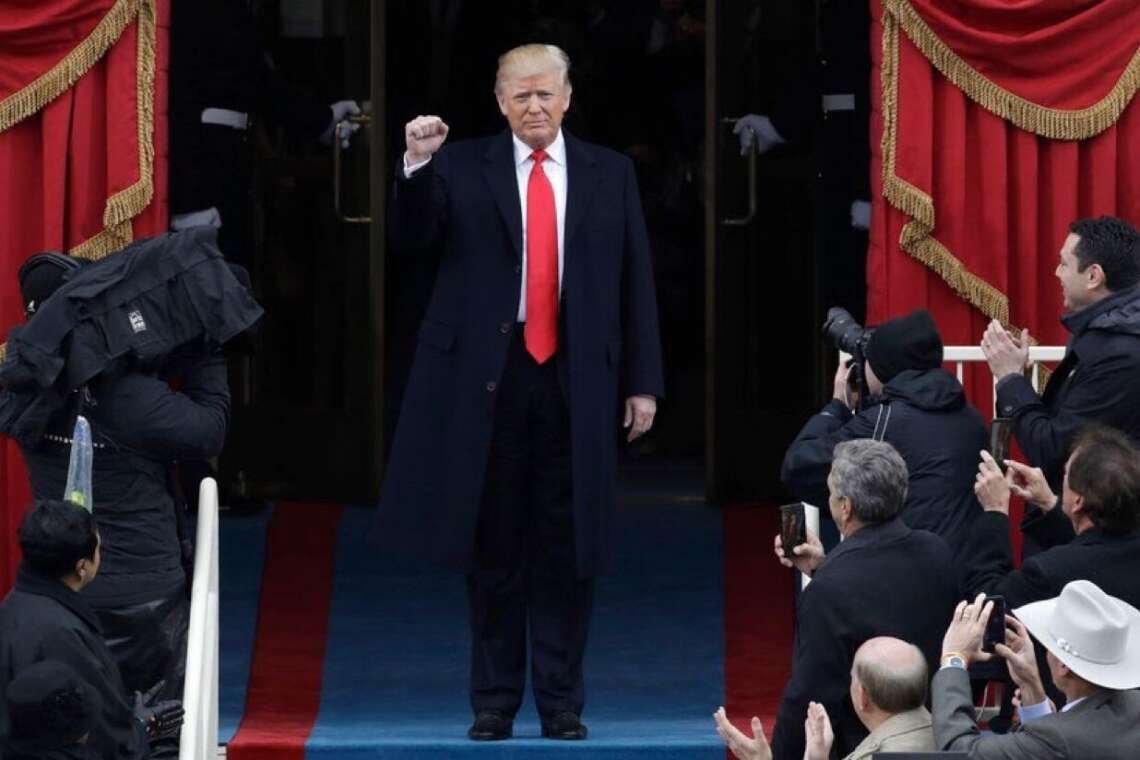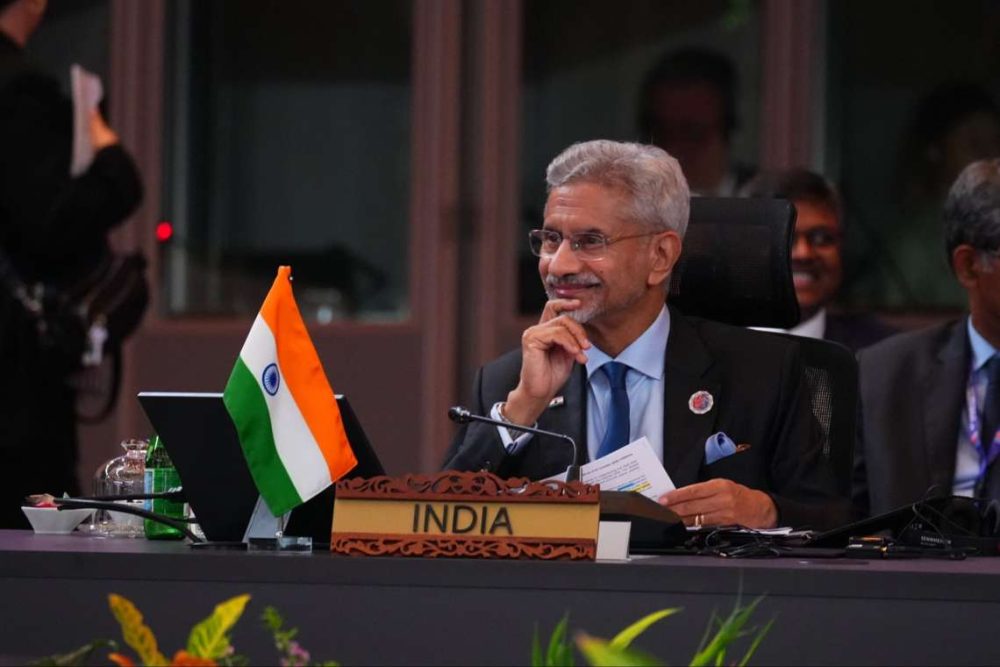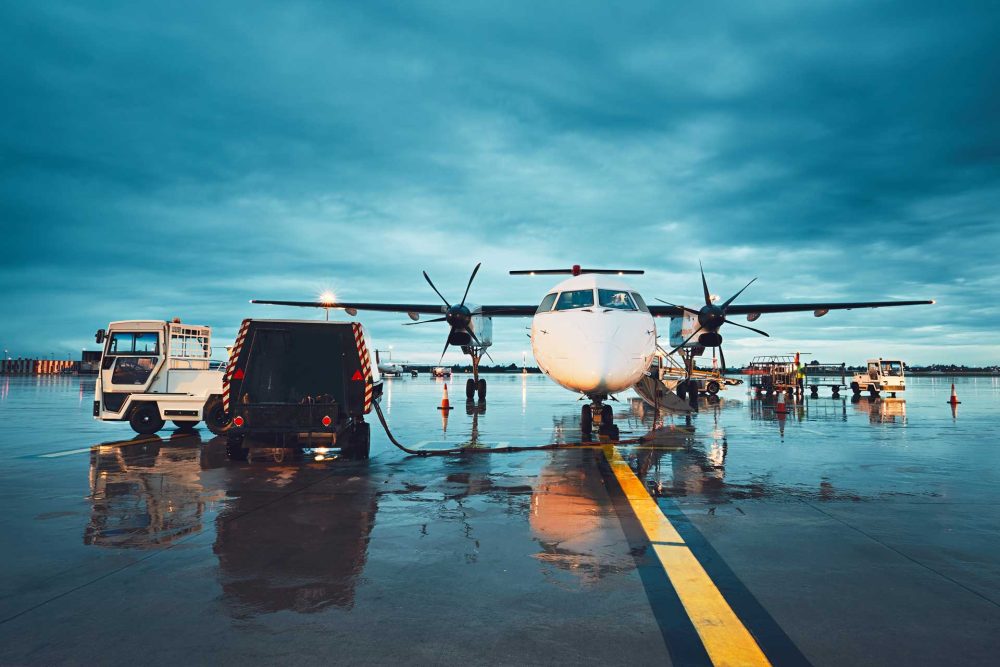Data highlights the widening trade deficit, driven mainly by imports from China, India, and Bangladesh….reports Asian Lite News
Pakistan’s trade deficit with nine neighbouring countries expanded by 43.22 per cent during the first half of the current fiscal year from July 2024 to June 2025, according to the State Bank of Pakistan (SBP).
The data presented at the SBP website on Sunday showed that the widening trade deficit is attributed primarily to imports from China, India and Bangladesh, Xinhua news agency reported.
On the other hand, Pakistan’s exports to Afghanistan, Bangladesh and Sri Lanka posted a notable increase, partially offsetting the decline in exports.
The value of Pakistan’s exports to nine countries, including China, Afghanistan, Bangladesh, Sri Lanka, India, Iran, Nepal, Bhutan and the Maldives, increased by 7.85 per cent to 2.40 billion dollars in the July-December period from 2.23 billion dollars over the same period a year ago.
The data revealed that Pakistan’s imports from the regional countries also surged by 29.97 per cent, reaching 7.73 billion dollars in the first half of the current fiscal year, compared to 5.95 billion dollars in the corresponding period last year.
The economy of Pakistan is categorised as a developing economy. It ranks as the 24th-largest based on GDP using purchasing power parity (PPP) and the 46th-largest in terms of nominal GDP. With a population of 241.5 million people as of 2023, Pakistan’s position at per capita income ranks 161st by GDP (nominal) and 138th by GDP (PPP) according to the International Monetary Fund (IMF).
In its early years, Pakistan’s economy relied heavily on private industries. The nationalisation of a significant portion of the sector, including financial services, manufacturing, and transportation, began in the early 1970s The economy started privatising again in the 1990s.
Pakistan is presently undergoing economic liberalisation, including the privatisation of all government corporations, aimed at attracting foreign investment and reducing budget deficits. However, the country continues to grapple with challenges such as rapid population growth, widespread illiteracy, political instability, hostile neighbours and heavy foreign debt.
ALSO READ: Pakistan Turmoil Raises Cross-Border Fears














